Not Just Surviving, but Thriving in Foster Care
I am an adoptee. But I was a foster kid first. Last October, I celebrated my 50th birthday. Even though my childhood happened a long, long time ago in a land far, far away, I still carry it with me like a dark storm cloud in my bones, my memory, and my DNA. Sometimes when I think about everything I went through, I can’t believe I survived.
Part of the problem was that nobody ever asked how I felt or what I needed.
When I was 10, my brother and I were removed from our mother’s custody for the final time. Separated from my brother, I began a new life as a foster kid and felt the grief and loneliness that unavoidably comes with the loss of family and familiarity. Being in foster care was not better than being with my mom. It was much worse because I still suffered from abuse, and now I also suffered from extreme emotional despair. Life became an exhausting existence of chores, rationed food, and a system of rules that only applied to the foster children. I envied and despised the biological daughter because she received special treatment, softness, care, and love.
Even though I begged my grandparents to take me in, they could not comprehend the gravity of my intense fear and alienation. I drowned daily in a system that purportedly had no concerns other than my well-being. Thankfully, my teacher was working overtime, without my knowledge, to help me.
“Separated from my brother, I began a new life as a foster kid and felt the grief and loneliness that unavoidably comes with the loss of family and familiarity.”
I never should have been left alone in these homes, put at risk, and worn down until I felt I didn’t matter at all. No child should be. Without realizing it, I fell into denial. I walked around half-empty with a forced smile on my face so everyone would be happy with me. I cried myself to sleep. I gave up hope, and I barely coped.
Even though my teacher rescued me, I was still at risk. Her consistent support and unconditional love over many years allowed me to shed some of my loneliness. I would not be here today if she hadn’t stepped in. But what about the hundreds of thousands of foster kids who don’t have a teacher willing to risk everything to help them? What do those kids get? How will they survive?
By shedding light on what I needed as a foster kid, I hope to help other foster kids get what they need.
How can we give kids a greater chance at happiness and surviving foster care?
Teach them to reflect privately through journaling and other creative or artistic outlets and encourage them to read. Developing a private world through creativity would have helped me cultivate internal peace and independence. Having access to books and being inspired to read would’ve helped me develop an understanding of myself, others, and the world.
Provide a kid-centered, judgment-free environment. So often, foster kids feel their “otherness” so viscerally that it can be painful and damaging to their ego and emotions. When kids are welcomed and treated with lightheartedness, patience, and understanding rather than with disappointment, blame, and shame, they can feel at ease, and anxiety can fall away. Every interaction provides an opportunity for connection, safety, and consistency—three things vital to a person’s well-being.
Allow them to make decisions. Food insecurity has caused a host of issues for me, and having my food rationed contributed to body dysmorphia and disordered eating. Giving kids some freedom over their daily nutrition, clothing, and interests helps them develop confidence and healthy attunement to their bodies and identities.
Schedule unsupervised weekly check-ins with a social worker (no foster parents listening) and regular time with a counselor or therapist. Gentle, honest discussions about my experience and specific questions about my well-being from sincere, well-meaning adults—social workers, teachers, and counselors—would have increased my sense of agency and confidence.
Show genuine interest in who they are. My foster parents never asked about school or my family. The three worlds remained separate, and I had to bear the weight of my biological family and my trauma alone. Having my foster parents show concern and interest would have helped me feel more connected to all the truths in my life rather than making me feel like I had to deny them and, in doing so, deny parts of myself.
“Feeling like an actual person who mattered instead of just another poor kid who had nowhere else to go would have eased my pain and helped me see some silver linings in the dark, heavy clouds that hung over me.”
This list is not exhaustive. But it’s a start. The bad news regarding this list is that kids must rely on the adults in their lives to initiate and provide these coping aids. But everyone needs support. The good news is that everything on this list is achievable.
These tools wouldn’t have cured my mother’s mental illness or sent me back to a time before she harmed me, but they might have prevented the exacerbation of my complex trauma. Feeling like an actual person who mattered instead of just another poor kid who had nowhere else to go would have eased my pain and helped me see some silver linings in the dark, heavy clouds that hung over me. Every child deserves this. Every child deserves to believe in a better future.
Our goal here at Calvary is to make sure every child is nurtured in a welcoming, reliable, and Christ-centered home and that they are united with their family as a more physically, emotionally, relationally, and academically stable individual.
Every child on our campus visits our on-site therapist free of charge, receives weekly tutoring, and lives will full-time families that share the Gospel with them on a regular basis. As often as we can, we find opportunities for them to connect with their peers and community through hobbies, sports teams, or after school activities. We know that feeling safe, valued, and cared for are pillars for a child’s mental health.
If you’d like to lock arms with our ministry that cares for the whole child and their futures, please consider partnering with us in prayer or financially.
This story was provided by the Children Welfare Information Gateway. This story was published as part of their National Foster Care Month campaign.



